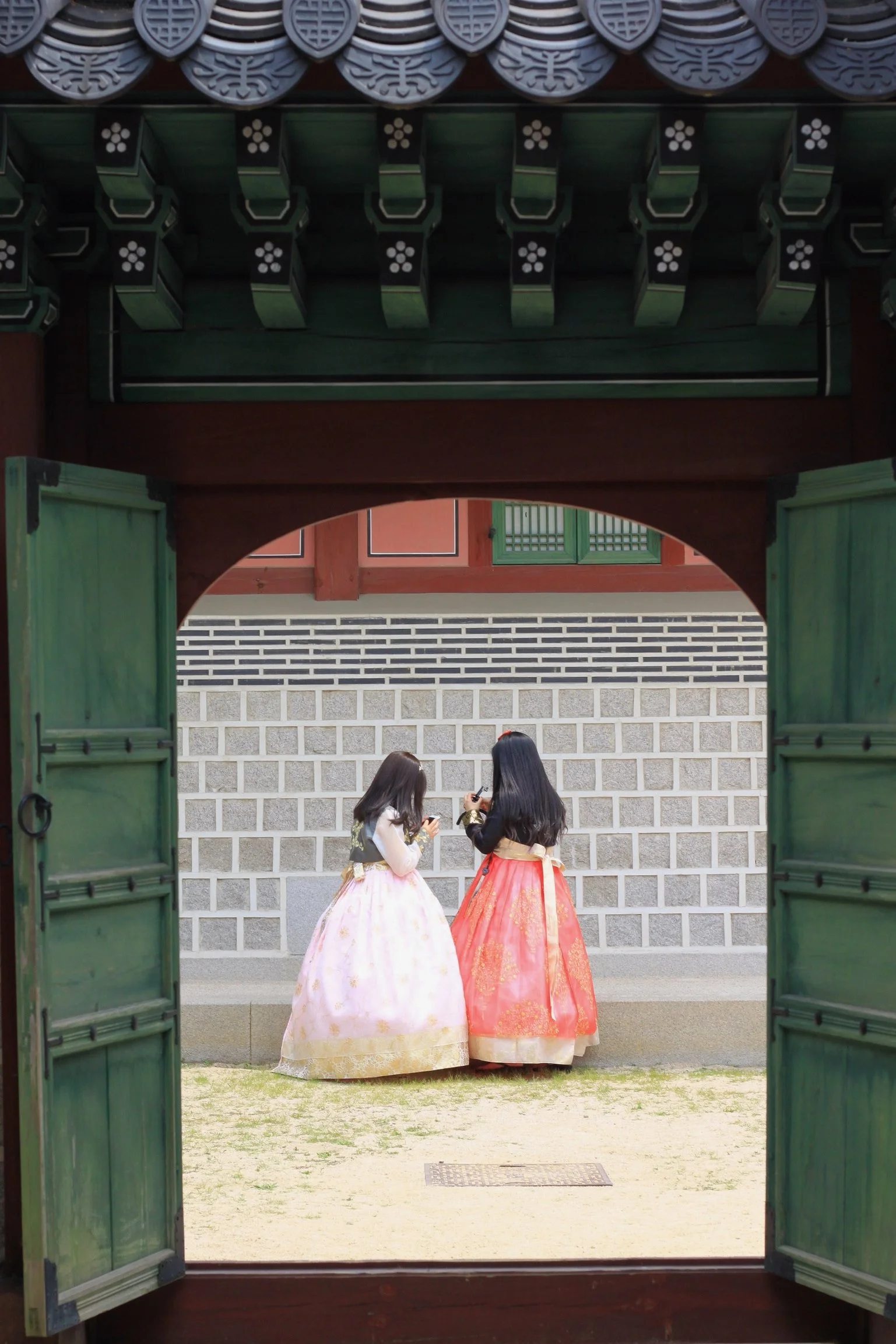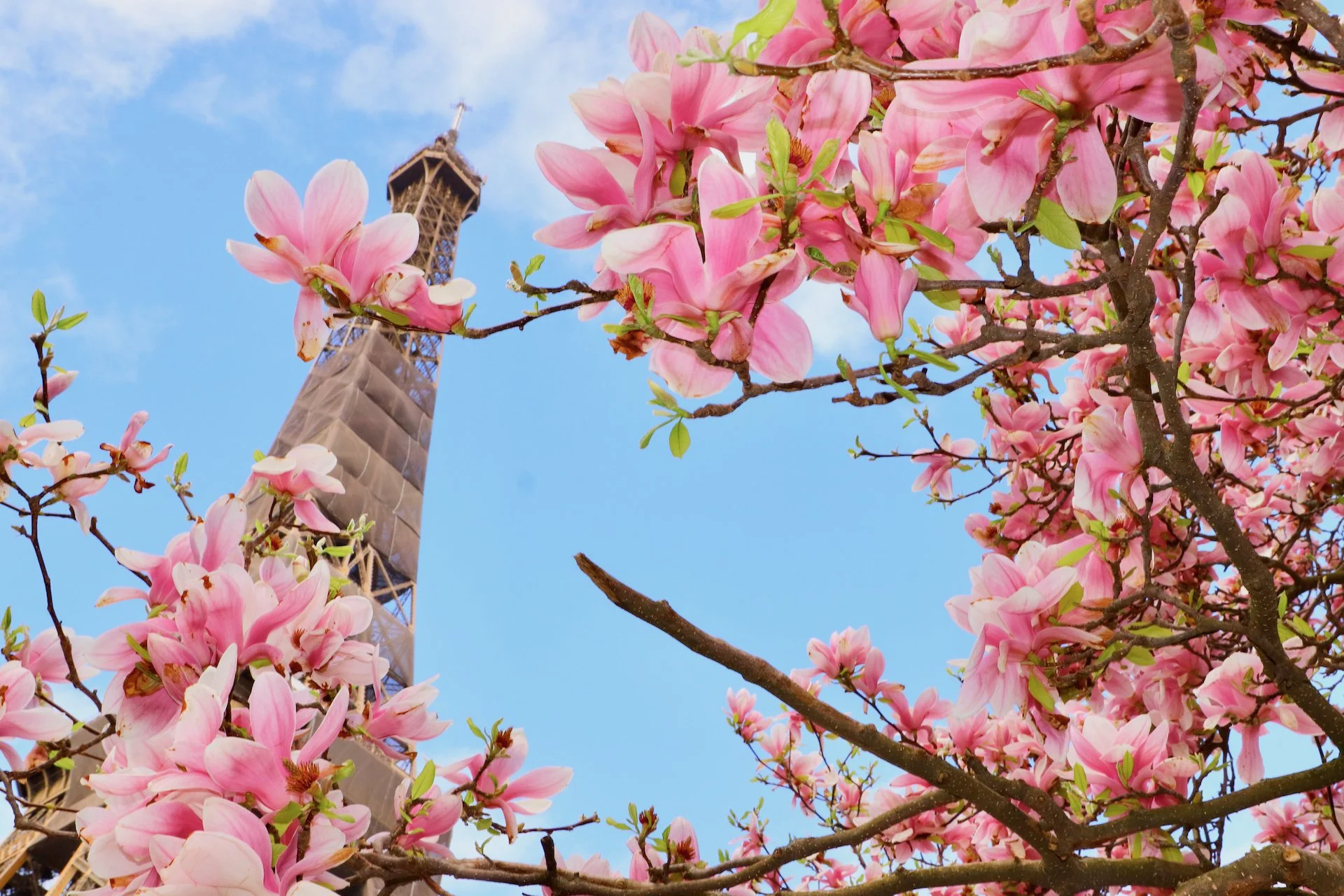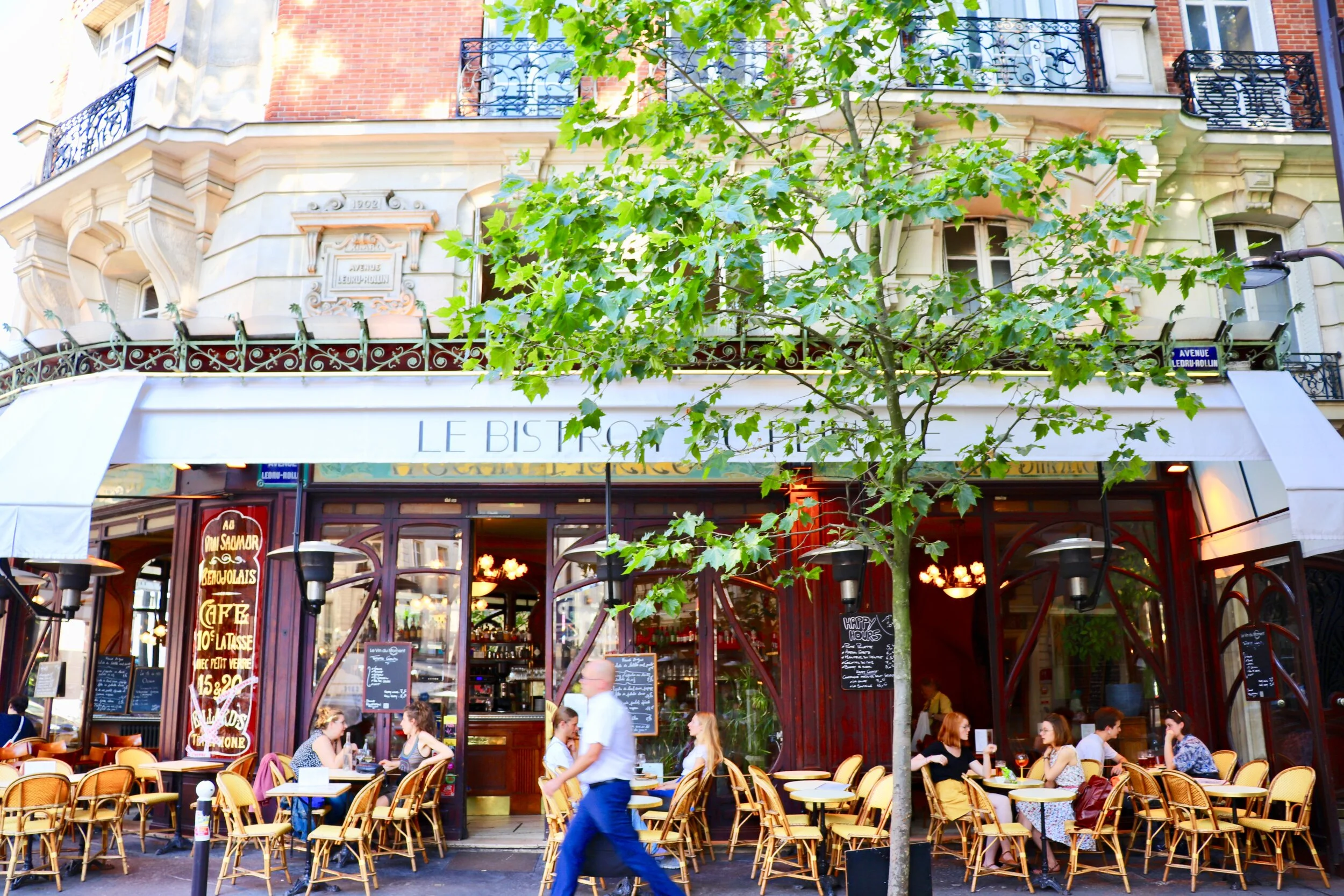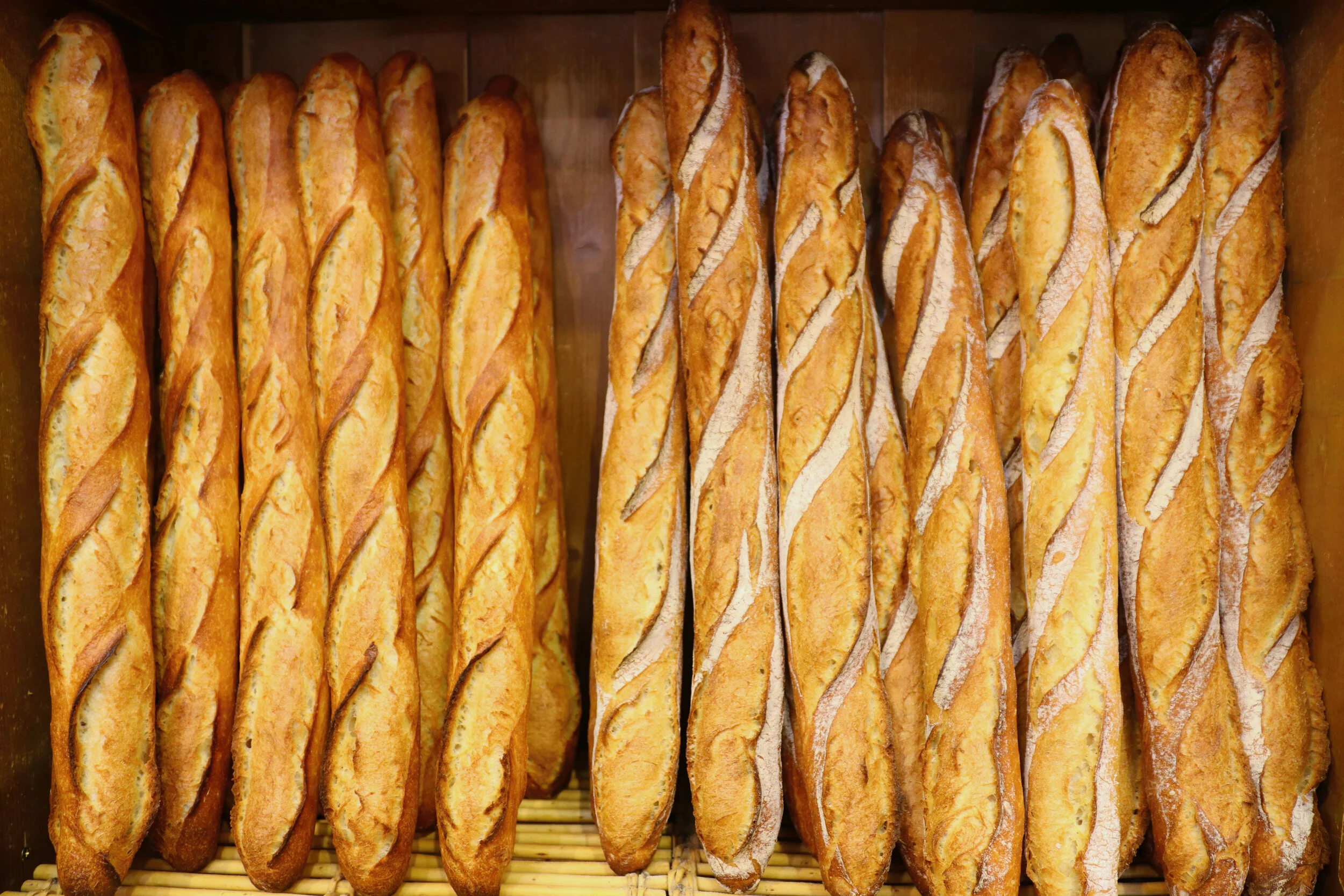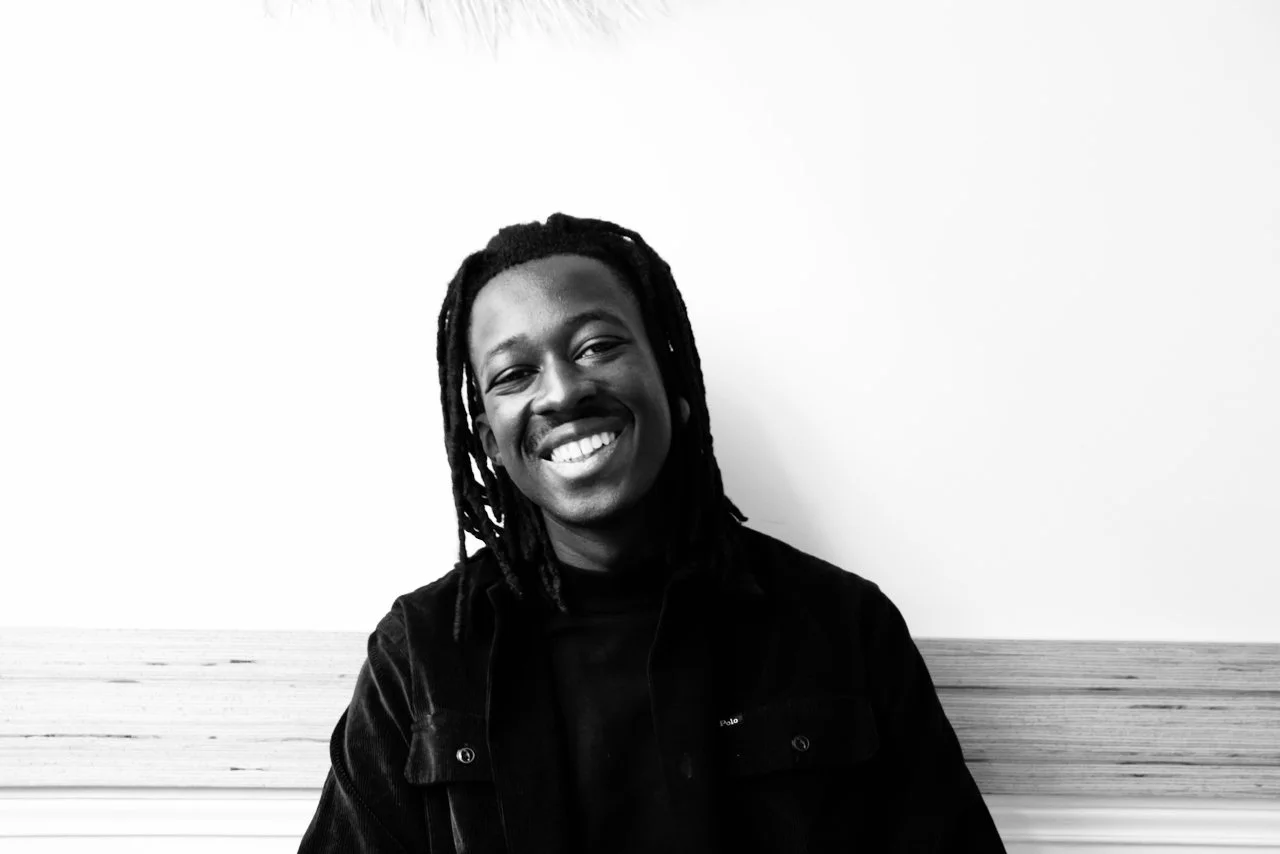BBC Travel: Where asking someone's age isn't rude
Jan. 3, 2022
The first time British expat Joel Bennett understood he had committed a major linguistic faux pas was when he thanked a restaurant owner for a good meal during his first trip to South Korea.
The owner was a female in her 60s and Bennett, then 23, said "gomawo", which translates to a breezy "thanks" in English. He thought he was being polite.
Unbeknownst to him, Bennett, now 33, had used a casual, informal version of "thank you" that would have been construed as rude and insulting had he been Korean.
"I didn't realise there were so many ways to say thank you," Bennett said. "I always just thought thank you was thank you."
But in Korean culture, as a person several decades younger than the owner, Bennett was expected to have used the honorific form of the Korean language, a complex linguistic system with multiple levels of speech that has been described as one of the most complicated languages in the world as it requires constantly assessing one's seniority, social status and level of intimacy in relation to the addressee.
This is why, in South Korea, shortly after meeting someone new, you will be invariably asked to reveal your age. Freely sharing your age or your year of birth is not merely a social convention. It's a social contract that establishes the pecking order and hierarchy between speakers. Because even the difference of one year can dictate everything from the way people speak to each other to the way they eat and drink in each other's company.
More at https://www.bbc.com/travel/article/20211214-where-asking-someones-age-isnt-rude
